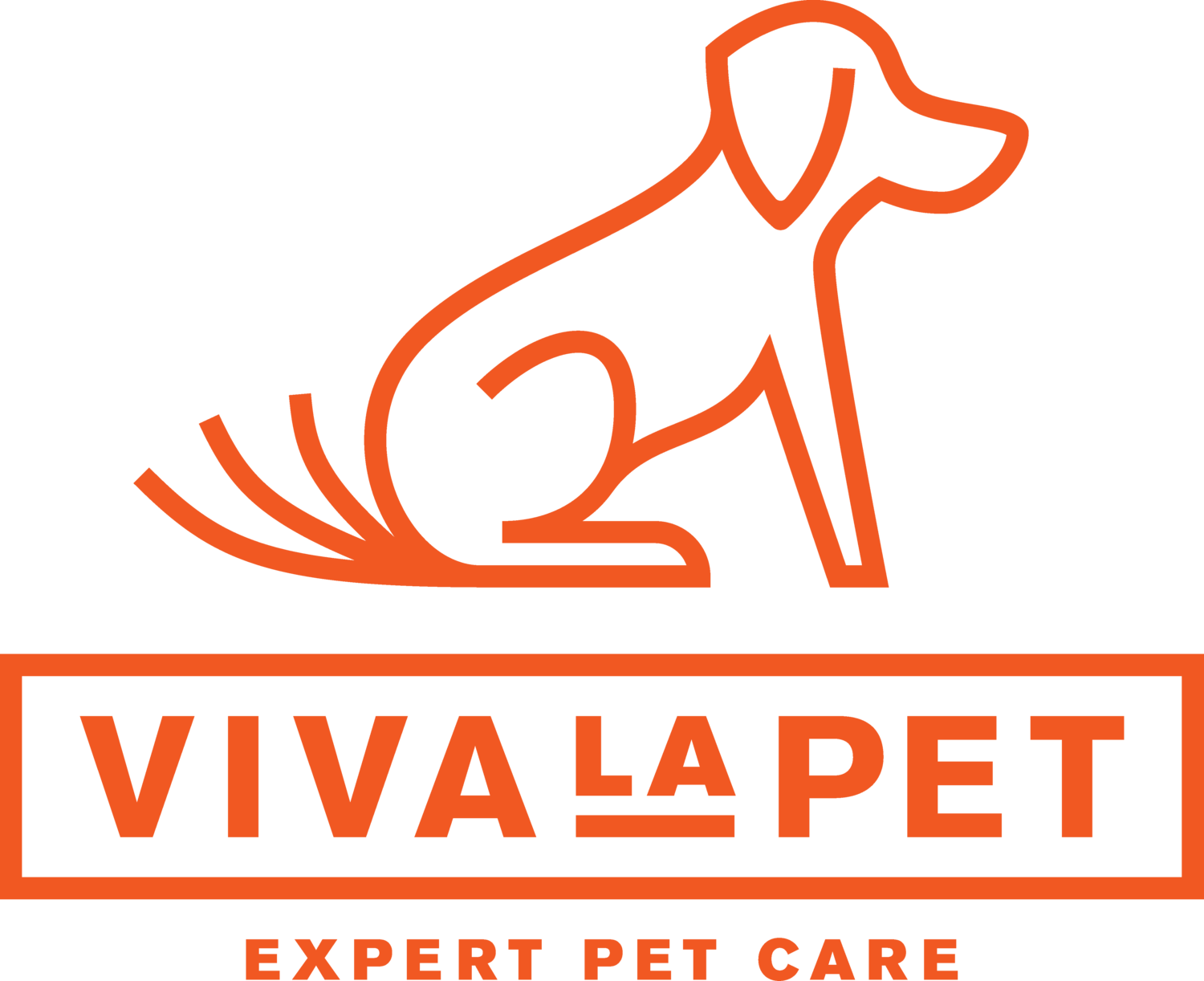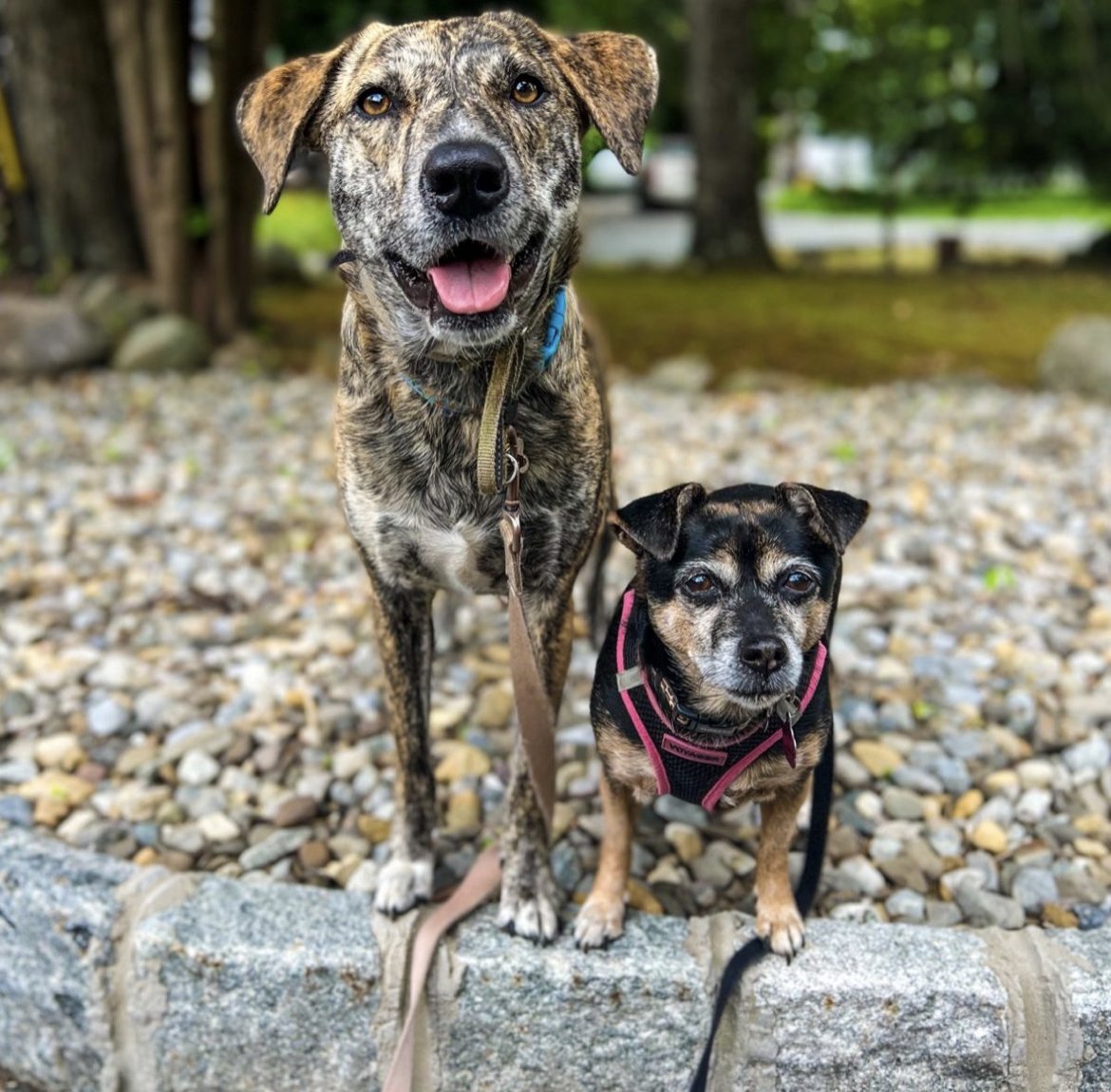As we celebrate Chip Your Pet Month, it's the perfect time to talk about a tiny device that can make a monumental difference in your pet's safety and well-being: the microchip.
Why Microchipping Matters
Imagine this scenario: Your beloved furry friend dashes out the door during a moment of excitement or curiosity. Despite your frantic search efforts, they seem to have vanished without a trace. This nightmare is a reality for many pet owners, but microchipping can turn the tide.
1. **A Lifesaver in Lost Pet Situations**: Microchips are a permanent form of identification that can't be lost or removed like collars or tags. When a lost pet is scanned, their unique ID number links back to your contact information, increasing the chances of a happy reunion.
2. **Security Against Theft**: Sadly, pet theft is a reality, especially for certain breeds or valuable animals. A microchip adds an extra layer of security, deterring thieves and providing a means of proving ownership if needed.
3. **Complementing Collars and Tags**: While collars and tags are essential, they can fall off or be removed. A microchip acts as a reliable backup, ensuring your pet's identity is always accessible.
The Microchipping Process
Many pet owners are curious about the microchipping procedure. Here's what you need to know:
- **Quick and Painless**: Microchipping is a simple process, often done during a regular vet visit. The microchip, about the size of a grain of rice, is inserted under the skin between your pet's shoulder blades.
- **Universal Scanning**: Nearly all shelters and veterinary clinics have microchip scanners. This universal compatibility means that wherever your pet ends up, their chip can be read, leading them back to you.
At Viva La Pet, we prioritize the safety and well-being of every furry friend. This Chip Your Pet Month, we kindly remind you to make sure your pets are microchipped and verify their chip info is up to date. You can verify the chip info by having your vet give your pet a quick scan.
Good to note: In celebration or Chip Your Pet Month, many vets offer discounted microchipping all throughout the month of May.
Remember, a tiny chip can lead to immense peace of mind. Let's chip in for our pets' safety!
**Stay Connected:**
FB: Viva La Pet
TT: Viva La Pet
IG: Vivalapet
*Disclaimer: Always consult with your veterinarian for personalized advice on microchipping and pet care.*





